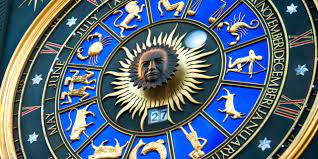An individual’s birth chart, or natal chart, is a personalized Accurate astrology reading map of the celestial positions at the time of their birth. Astrologers interpret these charts to provide insights into one’s personality, relationships, career prospects, and more. Horoscopes, based on these birth charts, offer astrological guidance and predictions for specific periods.
Modern Perspectives and Criticisms
In contemporary times, astrology remains a topic of interest for many, but opinions about its validity and relevance vary widely. While some embrace astrology as a tool for self-reflection, guidance, and entertainment, others view it skeptically, considering it a pseudoscience lacking empirical evidence.
Astrology’s proponents argue that its value lies in providing a framework for self-awareness and understanding interpersonal dynamics. They highlight the significance of archetypes and symbolic representations in helping individuals navigate life’s complexities.
Critics, on the other hand, emphasize the absence of scientific evidence supporting astrological claims. They contend that the apparent accuracy of astrological readings could be attributed to psychological factors such as the Forer effect—where vague and generalized statements are perceived as highly personal—and cognitive biases.
Conclusion
Astrology continues to spark curiosity and debate, captivating both enthusiasts and skeptics alike. Its enduring presence throughout history underscores its enduring appeal and significance in various cultures worldwide. Whether regarded as a guiding compass or a matter of amusement, astrology’s allure lies in its capacity to offer insights, provoke contemplation, and foster discussions about the enigmatic relationship between the cosmos and human existence.
